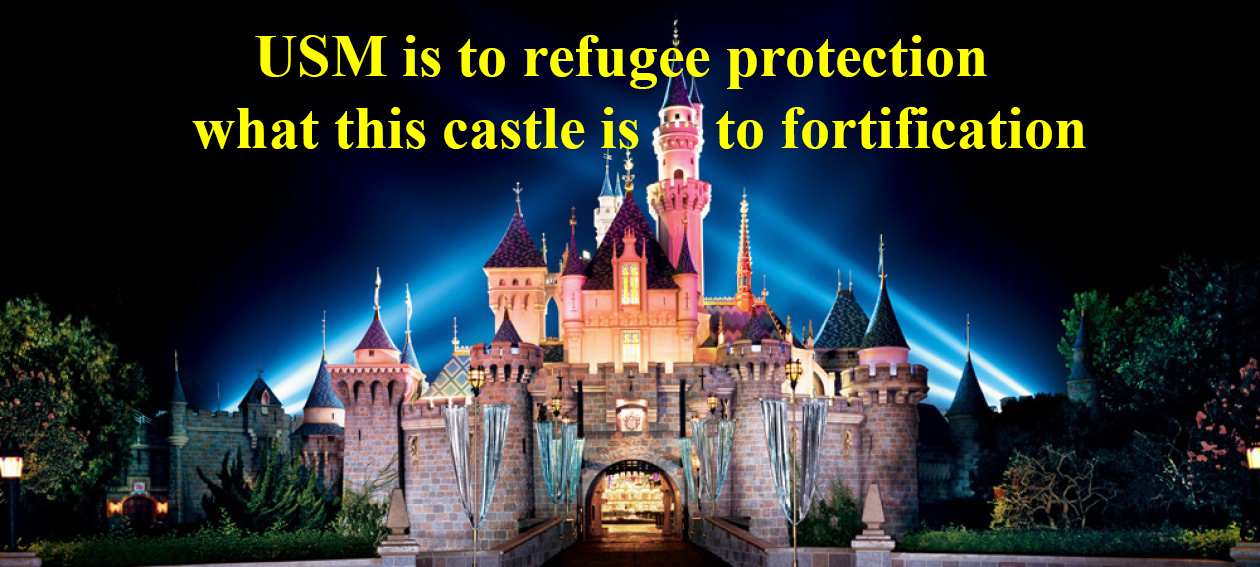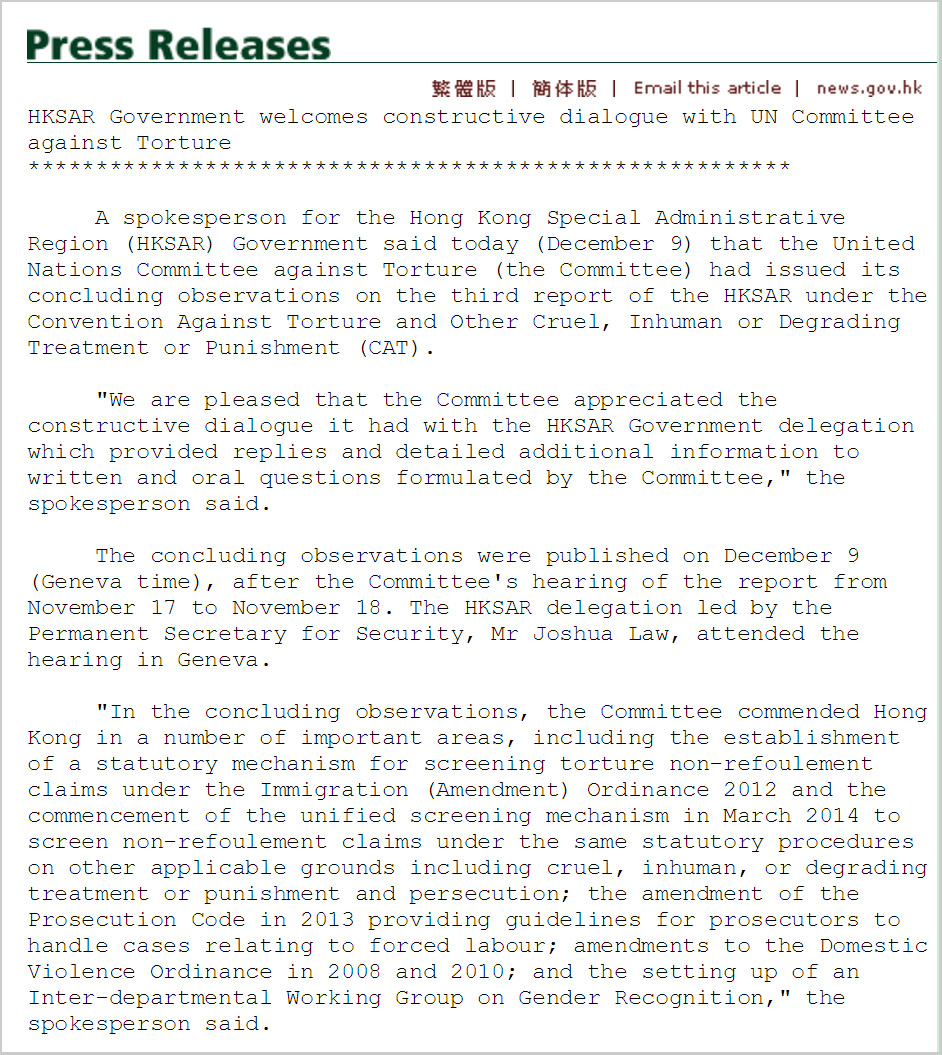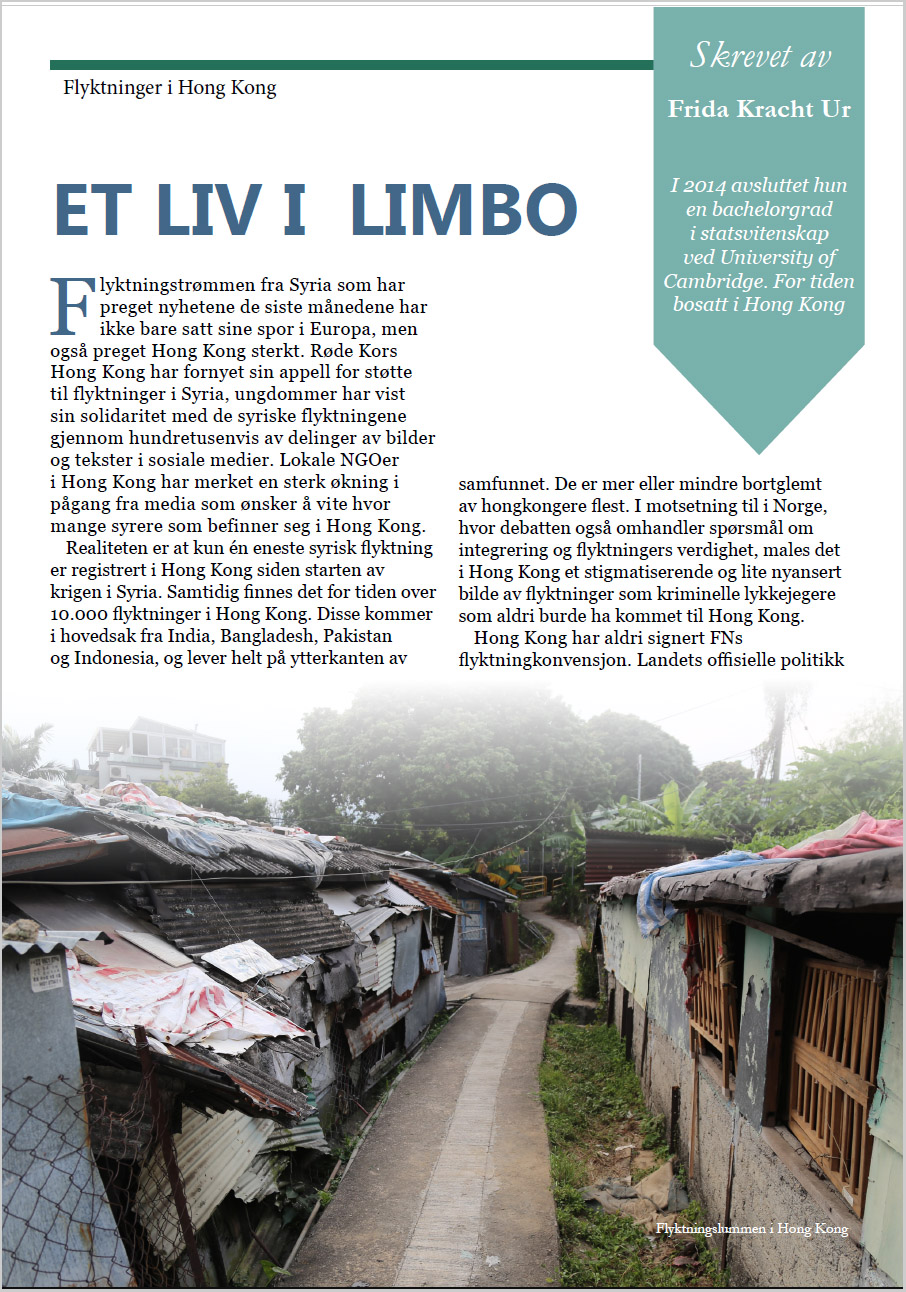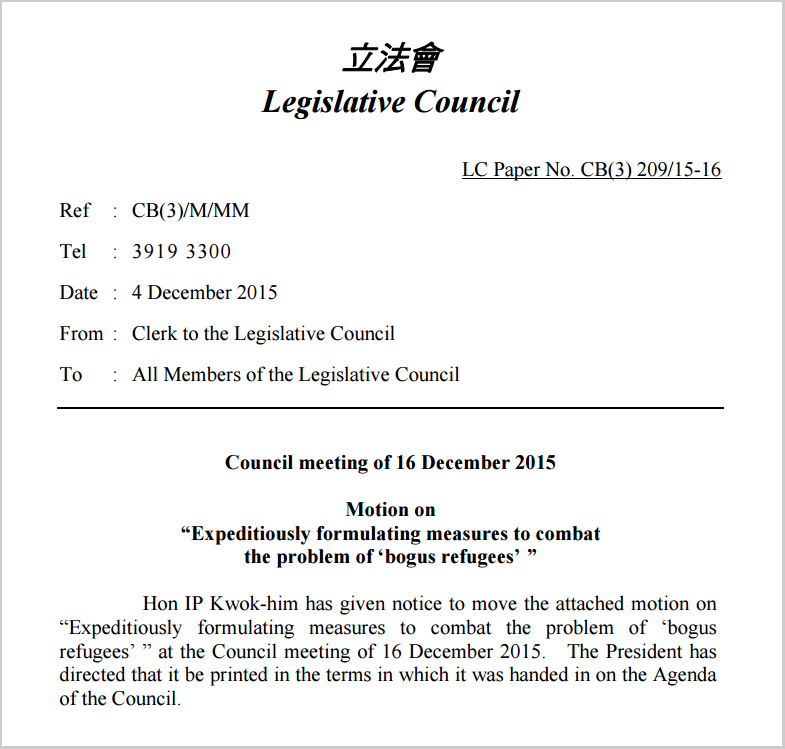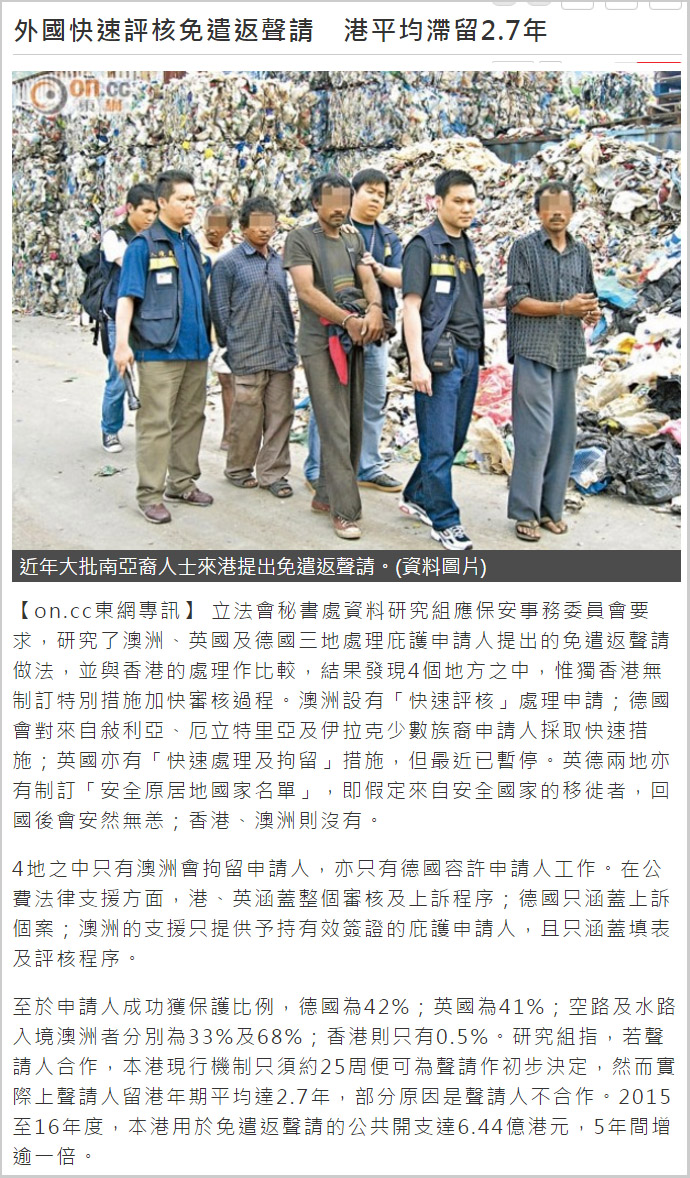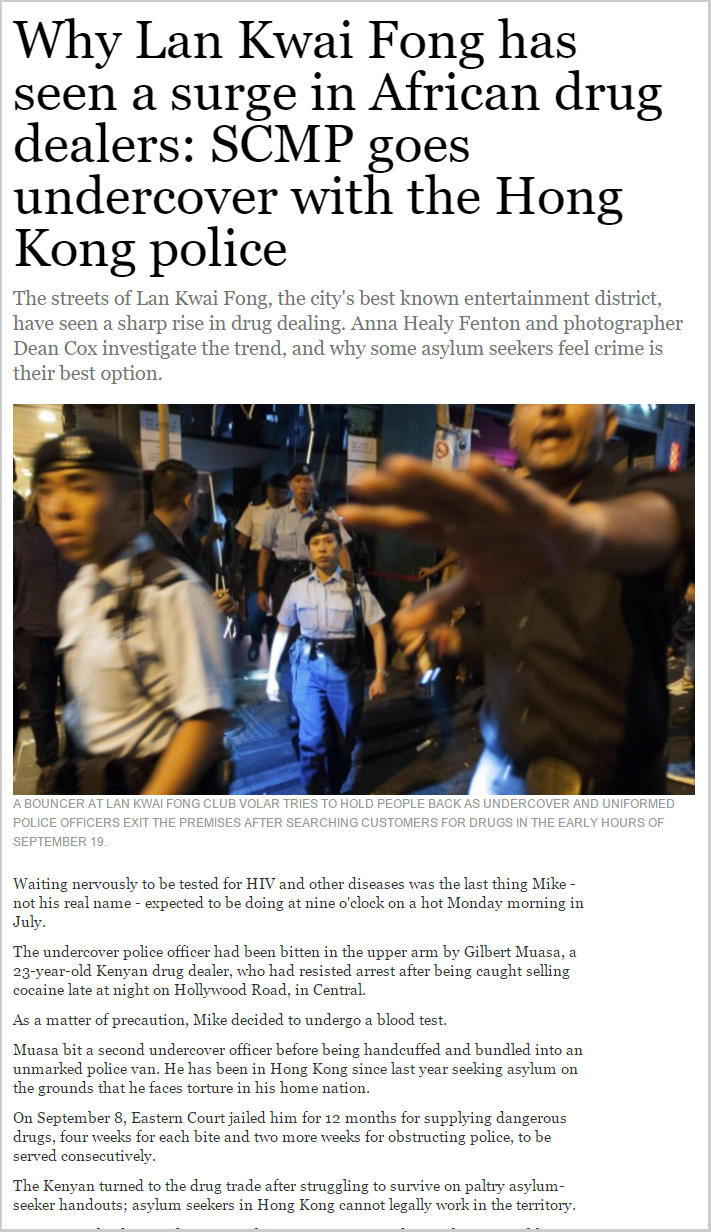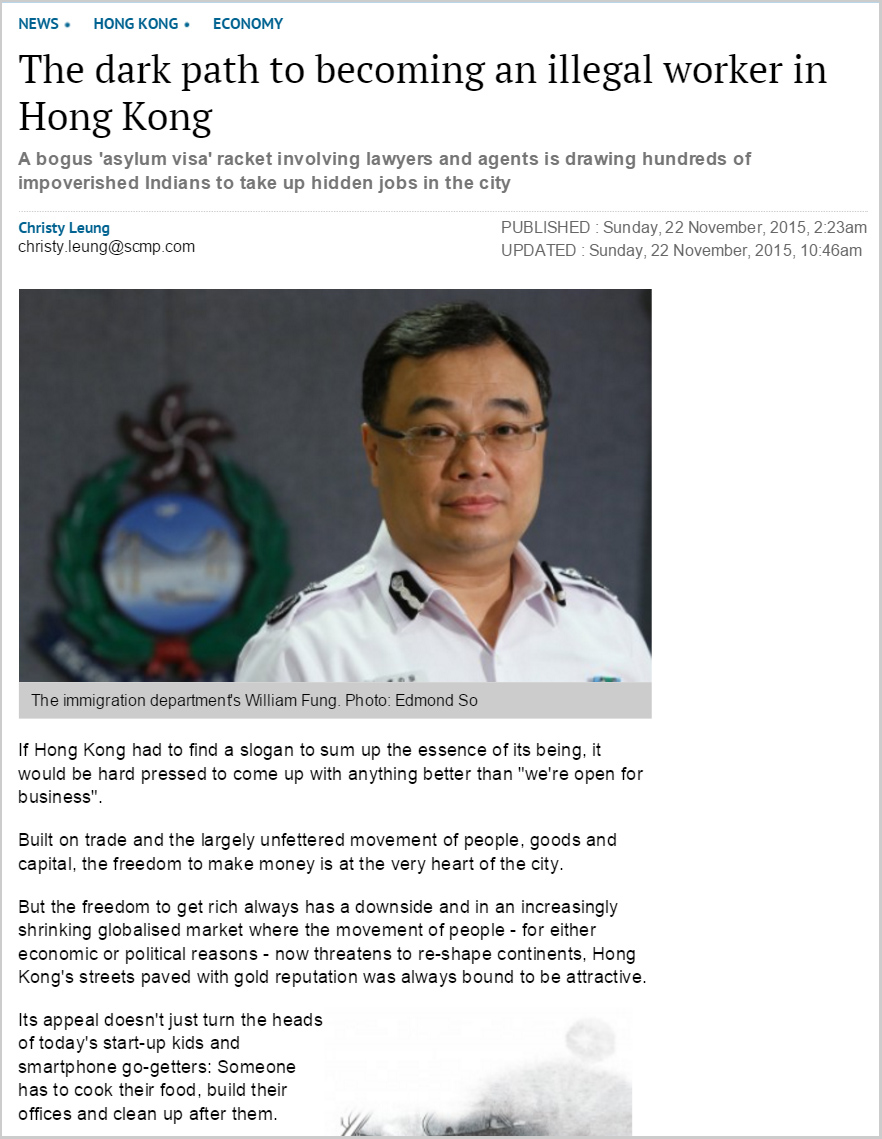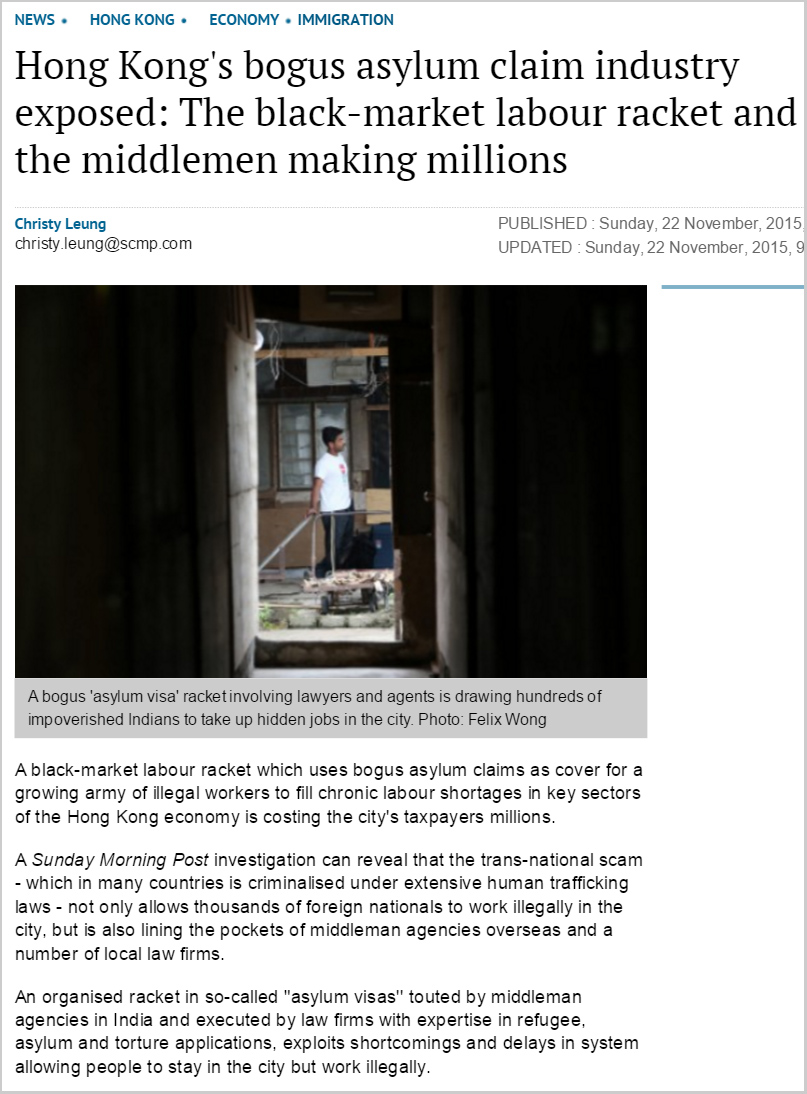Government welcomes constructive dialogue with UN Torture Committee
Dec 10th, 2015 | Government, Immigration | Comment
Norwegian article on the refugee slums in Hong Kong
Dec 9th, 2015 | Immigration, Media, Rejection, Welfare | Comment
DAB motion to combat the problem of ‘bogus refugees’
Dec 7th, 2015 | Government, Immigration | Comment
A black man teaching Cantonese?
Dec 3rd, 2015 | Personal Experiences, VF updates, programs, events | Comment
I remember the time in 2011 when I first joined a Cantonese class at Vision First. The first week everything was OK and our teacher was Owen, who is now a TV reporter. The next week he was absent. We all thought he was late.
Then the manager Danielle (co-founder of VF) said: “If your teacher isn’t here in five minutes, the class will be cancelled and you can come back next week”. We were all disappointed as learning Cantonese is essential to live in Hong Kong.
I remember it was a Friday. Suddenly something told me to say: “Let me try!” I told Danielle: “If the teacher couldn’t make it, don’t let people go home disappointed. Please allow me to teach today.” The staff at Vision First discussed my offer and joked, “Abel, Abel! You can only teach French, not Cantonese!”
I insisted they let me try once and they allowed me. After the end of an hour teaching, I was surprised when the students stood up and clapped. I told myself that day: “I can do this!” Afterwards some students reported to Danielle and asked that I teach every week, or at least be the replacement teacher.
The following week Owen returned and was aware about my success the previous week. He asked if I would be available once a week to teach a class, because we had two Cantonese class weekly. Later, he assigned me to teach both lessons, so he could teach Mandarin instead.
I have been in Hong Kong over a decade and I am fluent in Cantonese. More time went by and some organizations heard about me and wanted to see the BLACK MAN born in Africa teaching Cantonese to fellow refugees.
Recently, members of Global Youth Connect and their Hong Kong affiliate “Breakthrough” came to follow my class. At the end, they were amazed and one of them was even moved to tears.
For a few months I have taught the Cantonese class for the Refugee Union and I believe my students are proud of me. This is my story of service. What is yours?
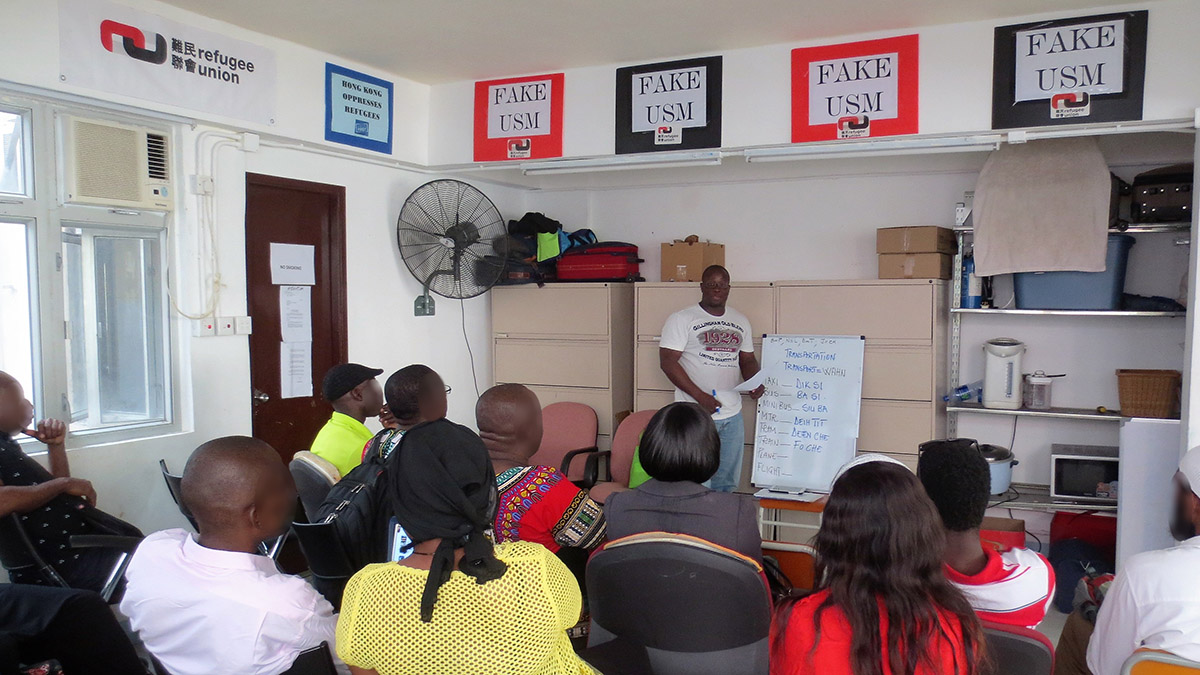
Demonizing refugees detracts from government’s recalcitrance
Nov 26th, 2015 | Crime, Immigration, Rejection, VF Opinion, Welfare | Comment
The heading of the South China Morning Post article “Hong Kong’s bogus asylum claim industry exposed: The black-market labour racket and the middlemen making millions” paints a terribly misleading picture that the vast majority of asylum seekers in Hong Kong are primarily motivated to work and make money.
Indian economic migrants are a very small minority
In fact the story that follows mainly discusses a very recent trend of some Indian nationals seeking asylum in Hong Kong, via the assistance of middlemen, who were induced under false pretenses to travel here with promises of employment. This relatively minor sub-group of migrants do not represent the majority of asylum-seekers who have sought refuge in Hong Kong.
While it is true that asylum is sometimes packaged with travel arrangements in India, and in many other countries for that matter, this is hardly a new situation, but one known to experts for over a decade. So why is it today firmly in the crosshairs of government officials?
The Hong Kong Government again attempts to shift blame away from its own failings
Apparently the authorities are outraged by the blatant exploitation of shortcomings and delays in the USM system which consequently allow claimants to extend stays and work illegally. While work might be the main objective for a minority of claimants, the hard question is: Who is responsible for establishing an asylum process that twice in 20 years was deemed unlawful and today still presents shortcomings that are reasonably exploited? Should the captain blame the water for entering a leaky boat?
The Hong Kong courts have repeatedly caught out the Hong Kong Government for its intentionally designed illegal, or vastly incomplete, screening mechanisms. The Court of Final Appeal has been compelled to hold the Hong Kong Government accountable for its refusal to recognise asylum seekers’ fundamental rights to protection under the Hong Kong Bill of Rights, the ICCPR and under article 33 of the Refugee Convention. The Hong Kong Government took an adversarial approach to human rights that caused the majority of delays in the screening of thousands of refugees. One must not forget that the government itself has been recalcitrant. To date the Hong Kong Government has failed to apologise for its obstinate stance that has caused so many asylum seekers to suffer in limbo in Hong Kong, many for over a decade.
The actual reality of asylum seekers circumstances
Looking at the big picture, the actual data must be considered critically: 197 of 10,600 refugees arrested for working (1.86%) is hardly indicative of a crime wave, considering that 100% of asylum-seekers live below the poverty line without employment rights. It is no mystery that welfare is structured with a deterrence objective to discourage claimants from remaining here. In this context, it is doubtful that any refugee makes ends meet without raising funds somehow, as NGOs are certainly not bridging the gaps and have neither the capacity, nor mandate to do so.
Less than 200 arrests this year for working illegally strongly suggests something other than abuse is at play here. Perhaps law enforcement is slacking, or more likely the Security Bureau has greater priorities, which are not reflected in PR-driven announcement of joint operations that raid small restaurants, recycling yards, or flats under construction. On the one hand, a heavy immigration hand cannot fix the incandescent social-political problems caused by the failed asylum/welfare system. On the other, a heavy hand and strong PR have the effect of mobilizing public opinion against vulnerable asylum seekers. This is a shameful and irrational attempt to marginalise and demonise innocent and highly vulnerable men, women and children.
Local businesses are unable to convince residents to take up labour intensive jobs
Hong Kong suffers a severe labour shortage, affecting small businesses in particular, which generates a considerable demand for illegal workers. Jailing refugees who fill this labour vacuum might produce sensational news photos, but were the ban on refugee work stringently applied, grave consequences would be suffered by local employers.
Is demonizing refugees an expedient ploy to overshadow the fact that the Hong Kong Government does not hold the moral ground, as it formulated an asylum/welfare system that must be infringed to survive? Arrests only serve to push refugees further underground into the dark, unsanitary and dangerous workplaces where their visibility is reduced as much as their wages. If you stop to think about it, who are the demons?
Now a word in defense of Indian refugees. First, there is nothing newsworthy about the percentage they represent that is unchanged since June 2012, according to this press release. Second, Human Rights Watch reported that, “Members of India’s security forces continue to enjoy impunity for serious human rights violations.” Third, it is risible that consular authorities assure India is free of religious, sectarian or political persecution. You may also believe that China does not persecute human rights lawyers, as it recently assured the United Nations Committee on Torture.
Vision First reiterates that citizens from any country may seek asylum in Hong Kong and their claims must be approached on the premise that they are genuine, unless and until it is proven that they cannot be substantiated by the claimants. Meanwhile, economic needs are among the reasonable expectations of destitute refugees let down en masse by Hong Kong Government, despite assurances to the contrary.
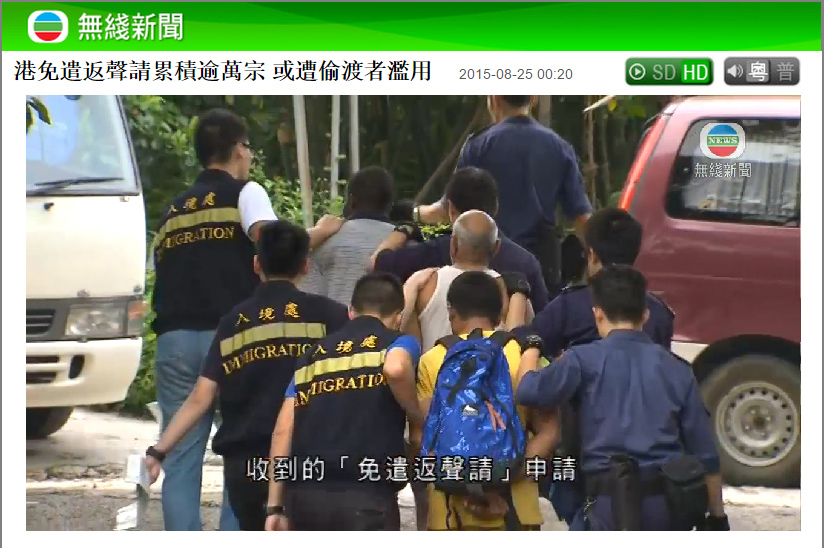
The dark path to becoming an illegal worker in Hong Kong
Nov 23rd, 2015 | Crime, Immigration, Media | Comment
The black-market labour racket and the middlemen making millions
Nov 23rd, 2015 | Crime, Immigration, Media | Comment
Reality undermines rosy picture painted by Security Bureau at UN hearing
Nov 20th, 2015 | Advocacy, Government, Immigration, VF Opinion, Welfare | Comment
On 17 November 2015, at a hearing of the United Nations Committee against Torture in Geneva, Hong Kong Government’s permanent Secretary for Security put on record the impeccably crafted Unified Screening Mechanism (USM) with assurances that “this mechanism has exceeded what is required under Article 3 of the Convention (against Torture).”
Mr. Law stated eloquently that Hong Kong “has always strived to protect human rights and fulfill the requirements and commitments under the Convention against Torture … and other international human rights instruments that are applicable to the HKSAR”.
Mr. Law showcased the comprehensive services offered by Hong Kong Government, including: “… accommodation, food, clothing, other basic necessities, transportation and utilities allowances, medical services and education for minors … rental deposits and property agent fees”. Further he added that: “In 2015 we introduced food coupons in lieu of the provision of in-kind food assistance”.
The report paints an attractive picture hard to fault from the distant Swiss mountains. Let us summarize the extensive arrangements provided free-of-charge to (lucky?) refugees in Hong Kong:
- Human rights? … Yes
- Publicly funded legal assistance? … Yes
- Interpretation services? … Yes
- Independent appeal mechanism? … Yes
- Training of all decision-makers? … Yes
- Accommodation? … Yes
- Rental deposits? … Yes
- Property agent fees? … Yes
- Food coupons? … Yes
- Clothing? … Yes
- Transportation? … Yes
- Utilities allowance? … Yes
- Medical services? … Yes
- Education for minors? … Yes
The devil however is in the detail. The range of the above 14 services masks structural failures that the authorities are plainly uninterested to address. The complexity of the USM comes at the expense of protection and the variety of humanitarian assistance sacrifices tangible welfare, as in reality hardly a service meets the basic needs of refugees.
The faults of the system are well known to attentive readers and not worth repeating to those who are indifferent, apathetic or unconcerned that Hong Kong Government fails to meet its constitutional duties towards the refugee community. Vision First is alarmed that the policies and behaviour of the government are not consistent with its promise to safeguard refugee rights and ensure their wellbeing.
Facts speak for themselves: 37 claims were substantiated since 1992 among over 18,000 bids for asylum; public lawyers and appeal board appear comfortable with the acceptance rate; refugee slums were systematically erected in animal farms financed by tax-dollars; rental deposits and property agent fees were introduce to address such illegality; refugee protested for 200 days before problematic food rations were reluctantly replaced by food coupons. The list goes on …
How many medical prescriptions issued to refugees include Panadol? How many refugees received clothing and shoes or pots and pans from the government? How much do refugees spend to top up insufficient rent and utilities? How much food, clothing daily necessities do refugees buy without being allowed to work? How many education and medical costs are refugees forced to pay with cash they cannot earn? The questions are endless …
Vision First appraises inconsistencies of this magnitude as unjust, hypocritical and shameful for an international city that wishes to be perceived as fair, sophisticated and respectful of human rights and the dignity of every man, woman and child who lives here – which is integral to our humanity.
